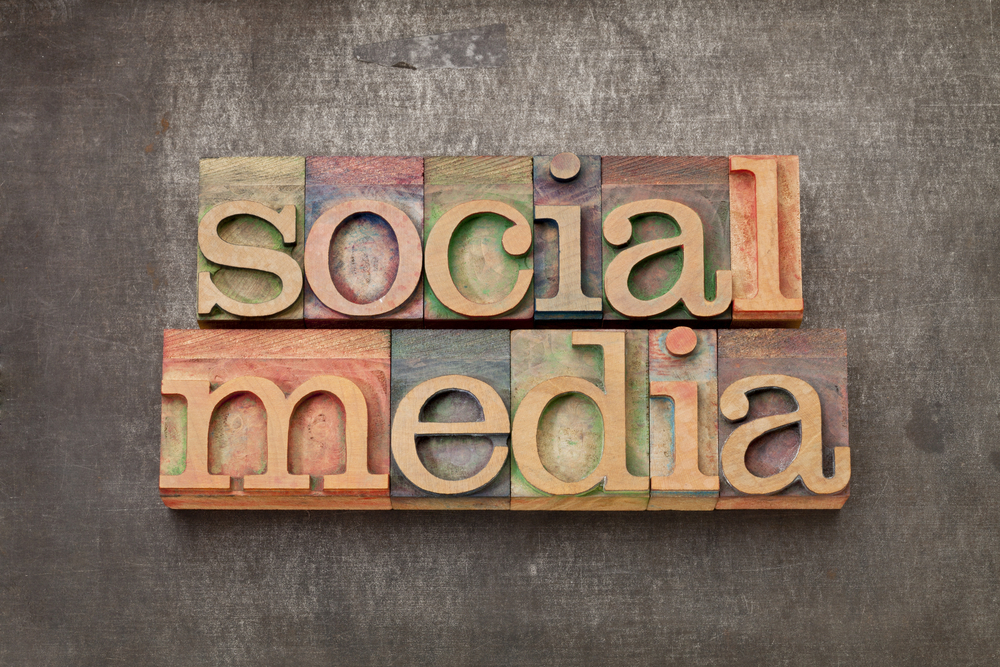
Get Paid to Share Your Expertise
Help shape the future of business through market research studies.
See Research StudiesWhether you reluctantly post your status or are a gung-ho Facebook friend, there’s no question that social media is here to stay.
Though platforms may shift and change, the bottom line is the same: your personal brand is built through your online presence, not just through your day-to-day interactions. And if you’re looking to change jobs, how will recruiters know who you are?
As a professional, there’s a few ways to build your personal brand on social media using the big 3 networks:
LinkedIn: More Than Your Online Resume
LinkedIn is your online resume, but it’s more than that. Your profile adds depth and color to your one-page document by including projects, media like websites or your portfolio, skills, and recommendations. Building a comprehensive profile can be daunting if you’re well-established in your career, but it’s essential if you want to make it to the C-suite. If you want to be an influencer, it’s more important than ever to also build great content.
Also read: 5 LinkedIn Mistakes To Avoid
If you’re not a writer, that’s ok. Start with what you know and what you care about as a manager. Is it building a relationship with incoming millennials? Creating spaces for your employees to thrive? How to have the best one-on-one? Think about what you advise your reports or what information you wish you had known before coming into your role. Now tell us about it.
LinkedIn is for you to share you. Showcase your accomplishments and begin to build professional content. Connect with your professional contacts and start the conversation.
Twitter: 140 Characters Can Pack A Punch
Twitter may seem like your teenage daughter’s waste of time, but it’s more professional than ever. If you’re in a creative field like tech or in a creative position like marketing, it’s essential to start tweeting.
Twitter doesn’t have to take effort.
The most important aspect of Twitter is staying consistent. If you’ve never shared anything before, start slowly to keep your followers from being inundated. If you tend to tweet 3 times a day, continue that trend. If you suddenly spike up to 9 times a day or go silent for months, your followers won’t know what to expect, and that won’t provide the best experience. Choose a cadence you can manage (like 1x a day, in the morning before you start anything) if you’re just starting.
Twitter shows that you’re reading and participating in industry conversations. You can post interesting articles, comment on current events, or join the conversation on whatever interests you the most. If that means sprinkling in tweets about your favorite basketball team, do it. You want to be a human.
The biggest advice for using Twitter professionally? Don’t be drawn into conversations that you wouldn’t want a recruiter to see. That means staying away from biting sarcasm or flat-out complaining.
If you’re not sure what to share or how to talk about your company, reach out to your marketing team. Someone there is running social media! Chances are they have a brand advocacy program—or at least a way to send out potential tweets or retweets—that will make it easier for you to get the ball rolling.
Also read: Turning to Twitter for Job Market Trends
Facebook: Keep It Personal
Though Facebook is the most ubiquitous of social media networks today, it’s best kept personal, rather than professional. It’s ok to post news articles about your company or big accomplishments you’ve done, but unlike Twitter and LinkedIn, your Facebook friends should be just that—your friends. If you wouldn’t tell them about it at the next backyard barbeque, there’s little reason to post it on Facebook.
No Matter What, Be Yourself
By participating online, you begin to curate the image you probably already have in the real world. Social media should be a natural extension of the real interactions you’re already having. It’s a little different to use social media for professional rather than personal reasons, but the idea is the same: be yourself.
Also read: The Social Media Mistakes Job Seekers Need to Avoid

 Kayla Lewkowicz
Kayla Lewkowicz